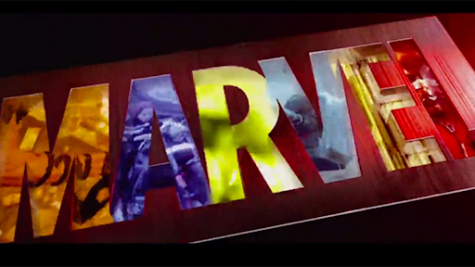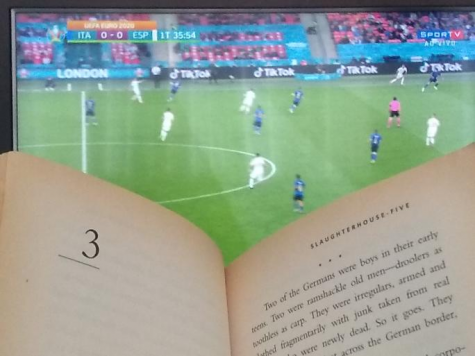Extended Essay Column – Thereza Protasio
The Talon recognizes that great academic writing is done for the IB Extended Essay, and as such, we have begun reaching out to some Senior students whose EE should be shared across the community! In this column, we hope to expose to the Graded community the thought-provoking and interesting discoveries our grade 12 students have made. If you would like to be featured, reach out to us at [email protected]
Thereza Protasio chose to write her EE in the Psychology discipline.
What is your Extended Essay topic?
My Extended Essay topic is about the possible risks hindsight bias poses in decision making during the Covid-19 pandemic. I’m exploring different ways this cognitive bias impacts our decision making through two different scopes: medical and political, given their importance, frequency, and persuasiveness in our everyday lives. With past studies on both sections, I’m applying it to our current situation and evaluating the impacts it can have on behavior, and then further determining the importance of each impact and whether it’s actually harmless or harmful.
Why did you choose this topic?
I’ve always been extremely interested in Psychology, especially in cognitive biases and unconscious ways our brains alter our behavior due to external and internal stimuli. Given the unique situation, we are going through right now, I saw it to be the perfect opportunity to further explore how a cognitive bias can impact our behavior in a fragile and stressful situation. I specifically chose to explore the hindsight bias as it’s something so common and embedded in our lives, yet failed to be recognized and accepted in search for cognitive growth. The definition of the bias is, in simple terms, determined to be one’s tendency to overestimate their ability to predict an outcome, which could not have been anticipated, after it becomes known. At a time like this, where all authority actions are being crucially analyzed and watched, and medical staff is undergoing high levels of pressure, it’s really important for biases to be acknowledged to prevent simple, and commonly silly, mistakes that can end up damaging many individuals.
What have you found so far?
As our lives are guided by our own personas, we are often driven by the desire to fulfill our self-esteem and ensure to ourselves our skills and abilities. This can oftentimes lead to a feeling of absolute reliability and internal certainty, which, more frequently than expected, can lead to memory distortion, knowledge updating, and sensemaking solely based on our own interests and opinions. Therefore, there are many times where our memory and feelings towards an event are actually altered to fit our own expectations and interests. Thus, creating a gap in the reliability of what we consider to be a good parameter of judgment, and the way we act towards others in regards to ourselves. Within the medical field, the most frequent form of hindsight bias we can see is learning retrieval and overconfidence. Many studies supported the idea that doctors have higher positive personal-perceptions of themselves in bystander situations. This causes them to retrieve from learning by assuming that their skills would certainly have led them to correct answers, despite the situation’s individuality and difficulty. It also makes them overconfident in their estimates, which was shown to not correlate with accuracy. In politics, studies also showed that people are quicker to judge authorities’ decisions despite having initially similar or even the same predictions as them. Further on, people also tend to change their own political opinions based on election outcomes, opening room for misinterpretation, and altering of past judgments. Although the studies represent medical and political situations, it can easily be applied to our own actions and the way we make decisions. The pandemic has drastically increased stress levels, and by being tenser with everything going on, we become more susceptible to the bias and more prone to letting it go unnoticed. It is common for us to try to justify our actions to reassure our self-esteem, but despite how reliable and certain our memory may seem, it can many times be altered to fit now-known information and/or a change of opinion counter to an initial thought. Therefore, it is crucial for us to always be aware of the brain’s uncertainty, and retrieve from assuming our success in hypothetical situations but rather emerge in learning, regardless of how simple the situation might seem.
What are you still wondering or curious about?
As I only had 4000 words to explore this complex topic, there are many things I wished to talk about but had to cut out. I keep wondering about the correlation between hindsight bias and other biases in our learning environments, such as confirmation bias, illusory correlation, etc. And for a more relevant conclusion, I’m still trying to find studies that could possibly define a relationship between hindsight bias and students while learning in school. Based on what I found, I can assume there might be a correlation but I’m not entirely sure it can impact students the same way it does for learning doctors (as they see themselves more on Q&A in-spot conferences, and our assessments are more writing/presentations). The research I used also didn’t cover how it can specifically impact family relationships, which was something I wondered quite a lot since we are living 24/7 with our parents.





